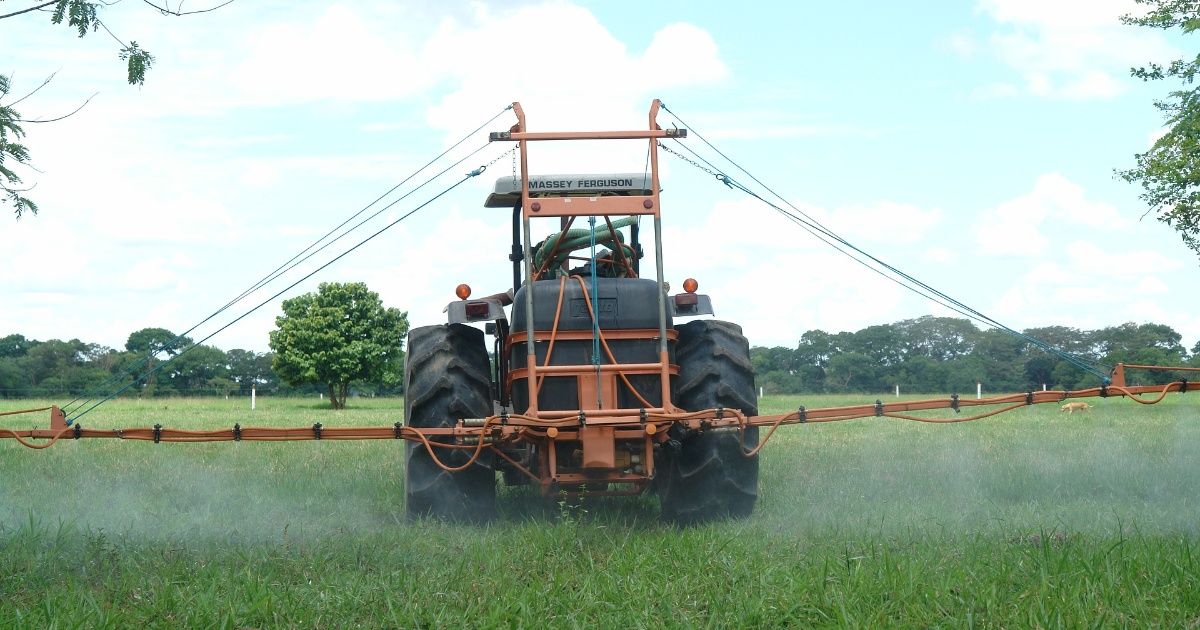
glyphosate, used as a herbicide and which, according to a group of scientists is related to the development of cancer in humans, is not considered dangerous in Mexico, warned Maria C Olin, Greenpeace city.the interview with Efe, the specialist legal promoter indicates that this substance is in the category of highly dangerous in the European Union and other parts of the world, “but in Mexico, although there are more than 180 substances considered in this category”.
The expert explained that in the “European Union there is already a discussion so that glyphosate is withdrawn from the market in five to 15 years”.
In Mexico, he says, the national human rights Commission (CNDH) made a recommendation from a complaint lodged by 40 people and Greenpeace.Sin however, the only recommendation is based on the reduction and progressive elimination of glyphosate in the country, but It says nothing about the endangerment of the chemical. Recently, a group of scientists published in the journal Mutation Research “a compilation of many studies that relate exposure of glyphosate for cumulative exposures to No Lymphoma Hodgkin, a type of cancer of the blood in humans”, indicates Colin.de agreement with the study, which was done studying 54,000 people who work as applicators of pesticides, this substance increases the risk of the non Hodgkin Lymphoma in up to 41%.
This is a major component of some fumigants. Photo: Debate this is not the first study linking the glyphosate to cancer in humans in fact, detailed Colin, in 2015 the World Health Organization (who) classified this herbicide “and considered it as possible carcinogenic to humans, based on evidenci as with animals”. And he adds that besides carcinogen, is considered to be an endocrine disruptor and a chemical that affects the development of the people. He explains that agricultural laborers and their families are the groups that are most exposed to glyphosate, since it is used in the plantations and, therefore, are more likely to develop cancer. However, emphasizes the specialist, we are all exposed in some way “since foods are a source of exposure to these pesticides and therefore we are consuming glyphosate”. But this agrotoxico, which was developed during the 1970s and soon became popular to eliminate weeds, is not only present in crops: it is also used in parks and public spaces, warns Colin.
In this note:
"El reclamo puede ser genuino, pero construido sobre una mentira", apuntó el presidente Javier Milei…
El gobernador de la provincia de Buenos Aires, Axel Kicillof, encabezó un acto en Ensenada…
El diputado nacional de La Libertad Avanza, José Luis Espert, expresó su confianza en la…
Tras la masiva reaparición de Cristina Fernández de Kirchner, el presidente Javier Milei apuntó contra…
El principal propósito de la nueva comisión es evaluar los recursos humanos en el Senado,…
En una medida que busca redefinir las condiciones de los seguros de automóviles en Argentina,…
Esta web usa cookies.